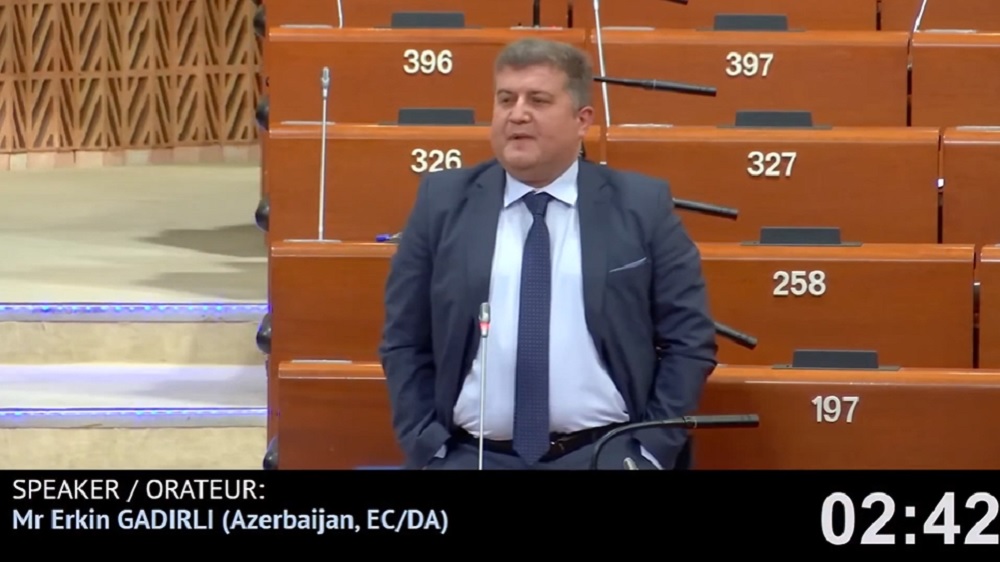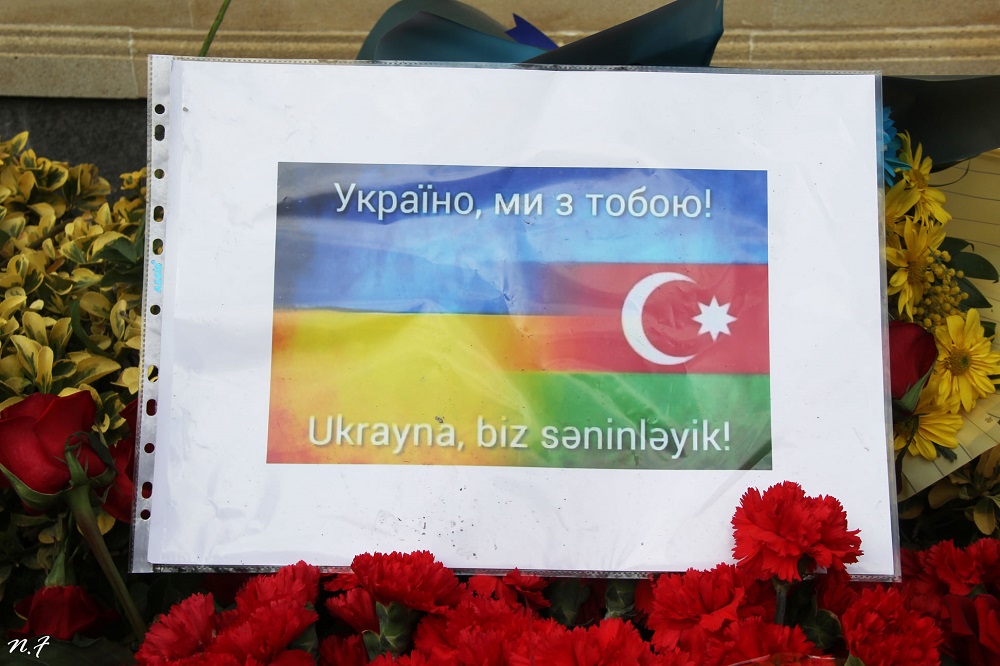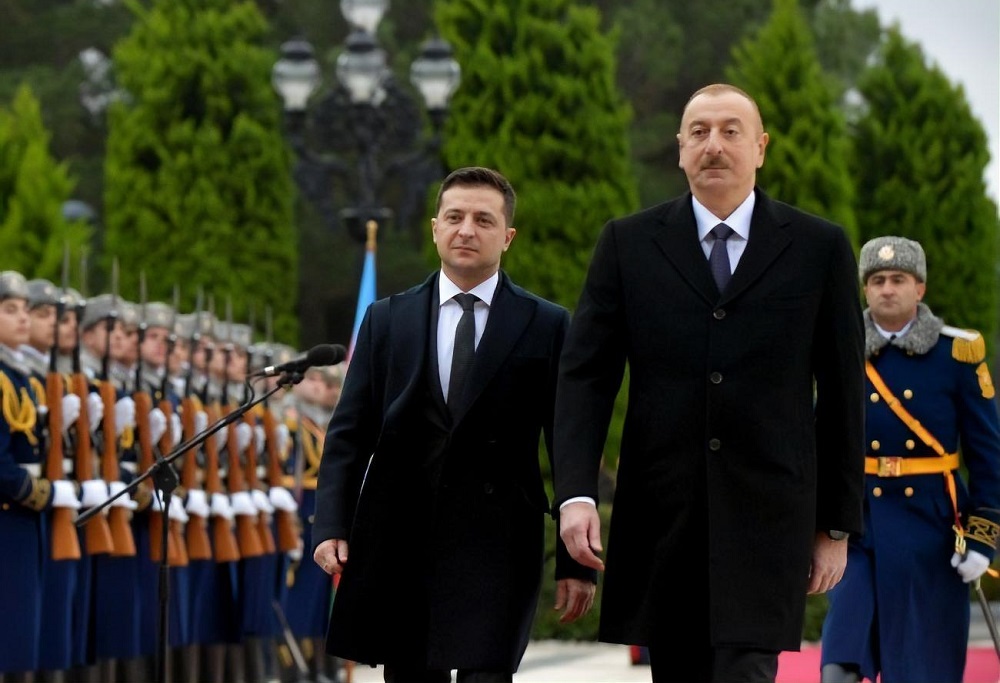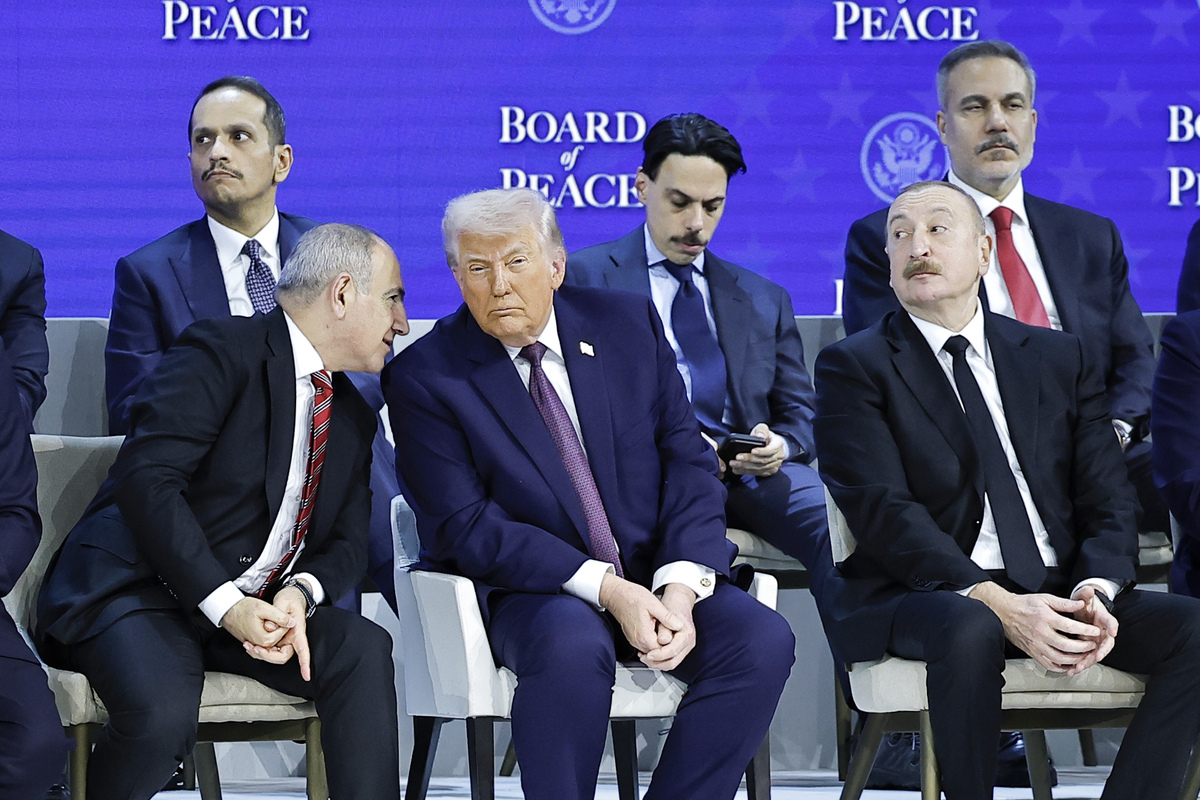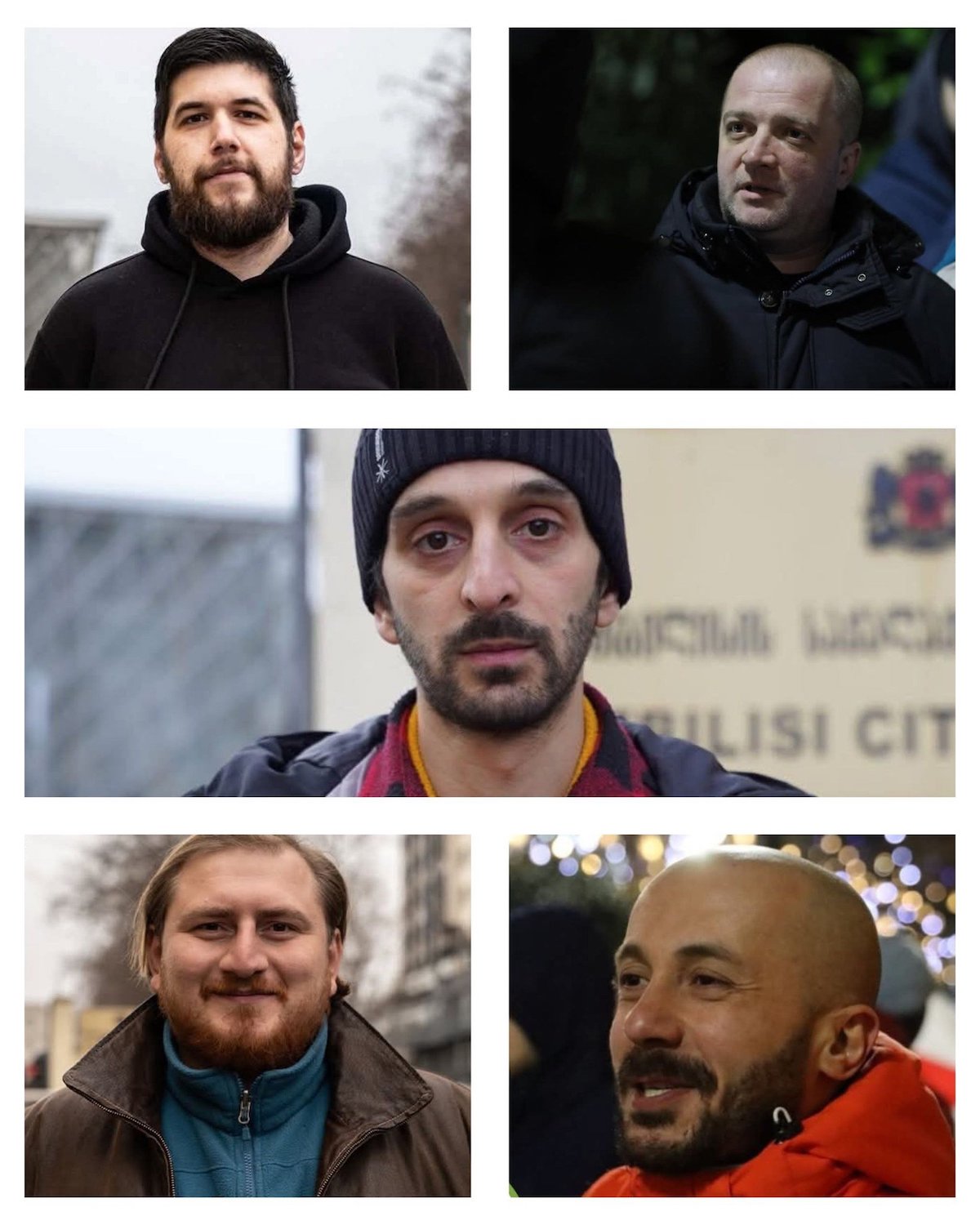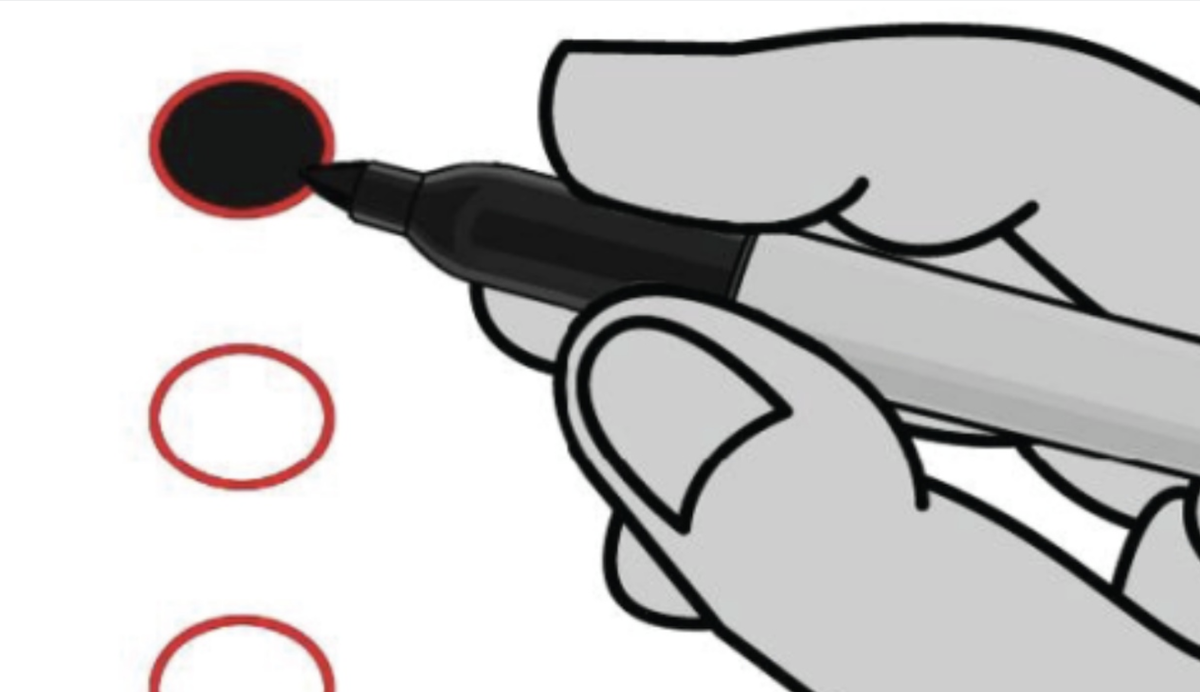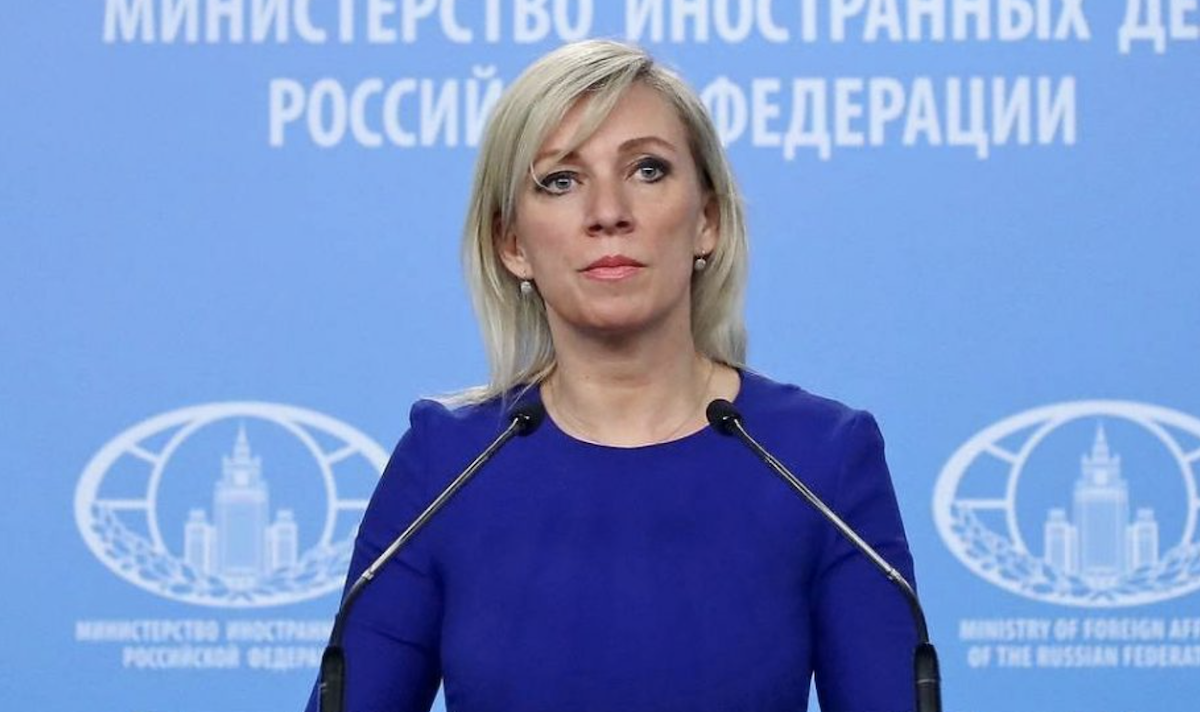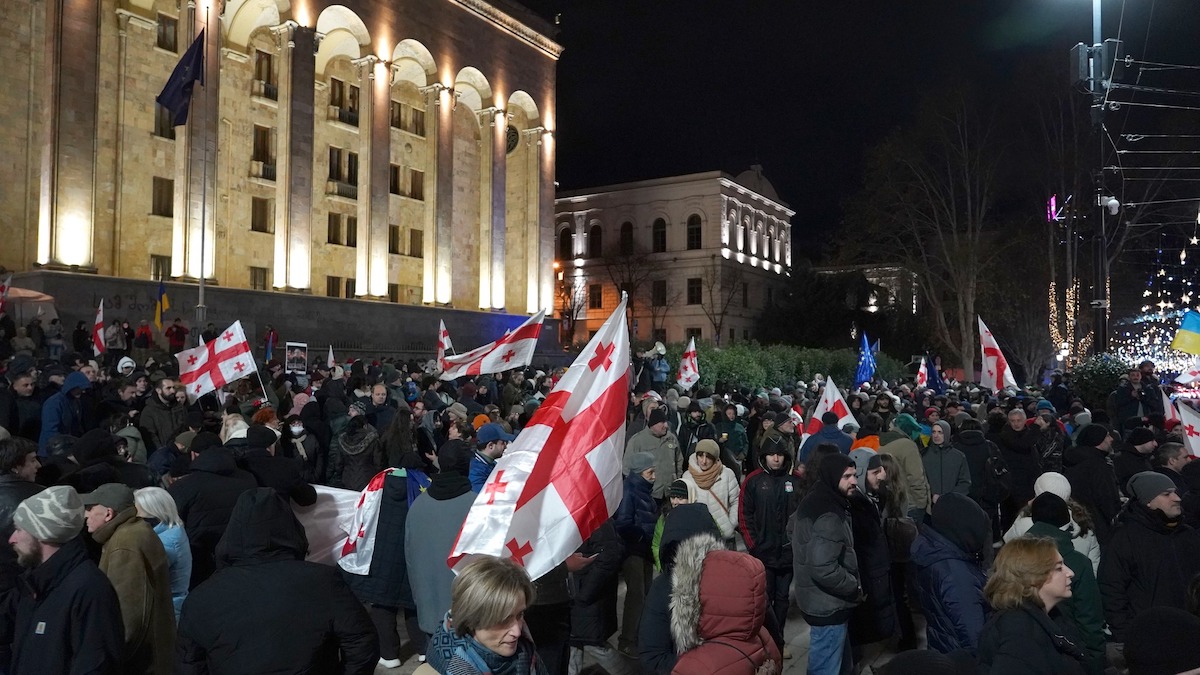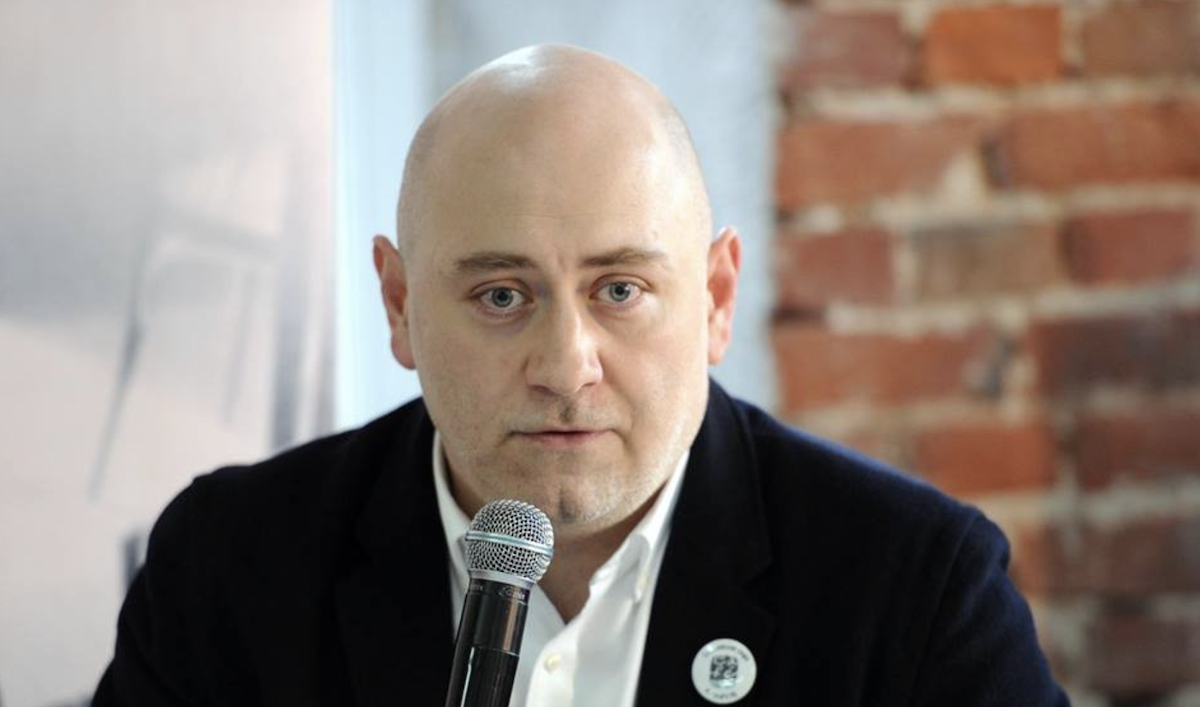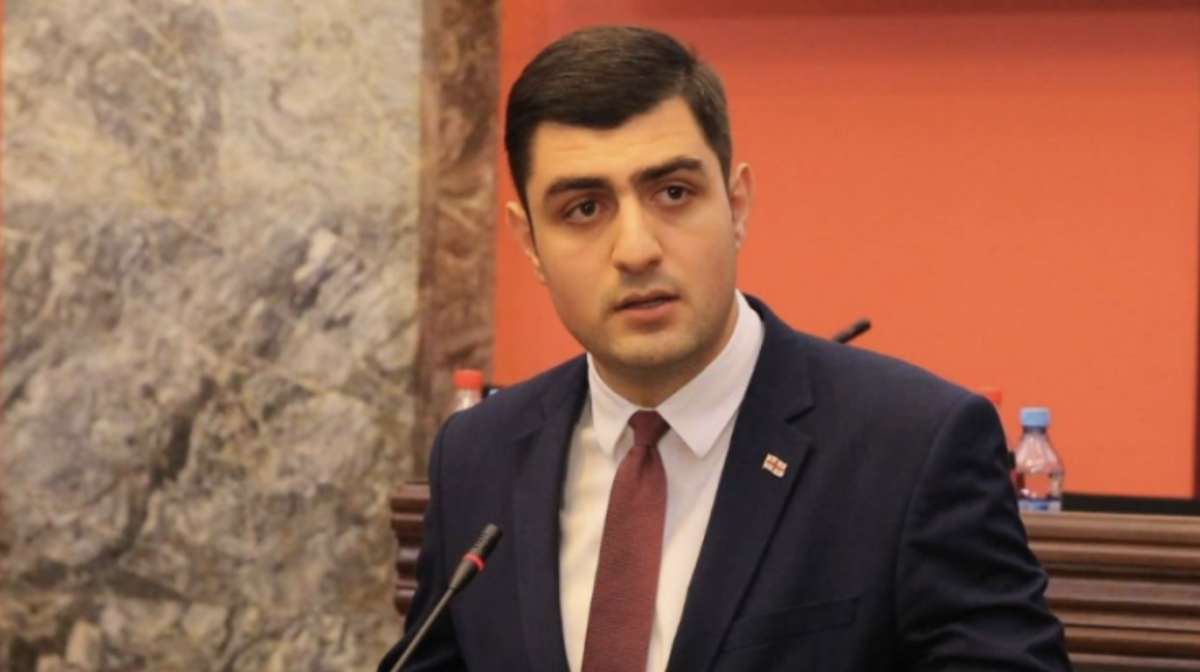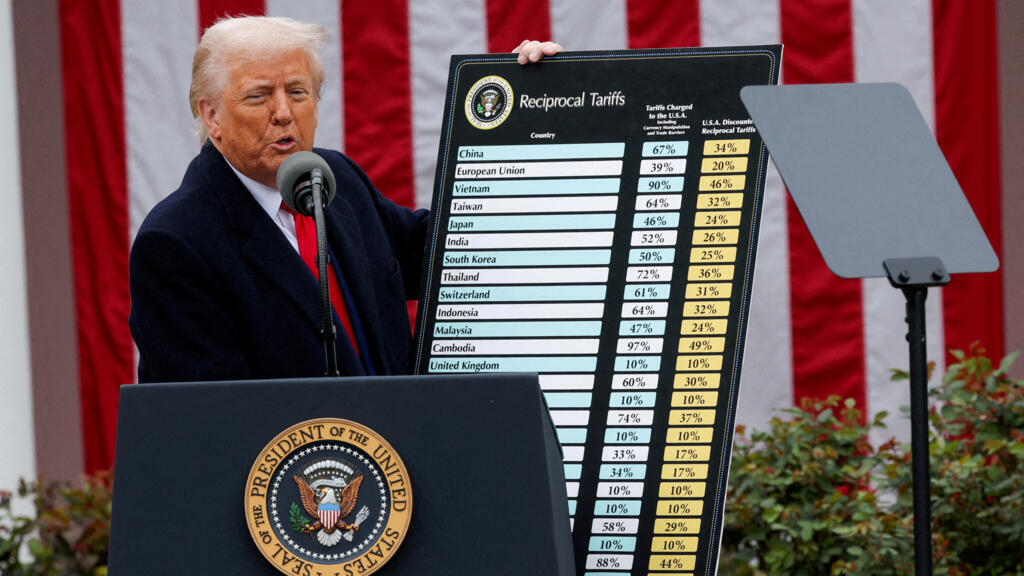Two conferences on Ukraine: Has Azerbaijan's position changed? Commentary from Baku
Russian invasion of Ukraine and Azerbaijan
Two significant international conferences on the Ukrainian conflict were recently held: the Conference on the Reconstruction of Ukraine in Germany and the Ukrainian Peace Summit in Switzerland. Azerbaijan participated in only one of them – in Berlin.
This raised questions in some circles about Azerbaijan’s commitment to supporting Ukraine in its war with Russia. It is well known that since the beginning of the conflict, Azerbaijan has openly supported Ukraine’s territorial integrity. Analysts from the South Caucasus Research Center (CSSC) believe that there is no ambiguity in Azerbaijan’s position. By participating in the Berlin conference, the country reaffirmed its ongoing humanitarian aid to Ukraine, consistent since the first day of the conflict.
- Why supporting Ukraine in the war is necessary. Commentary
- Russia declared the Georgian Legion, fighting in Ukraine, a terrorist organization
- “The drive isn’t the same as at 19, but I know why I’m here.” 10 years of fighting for Ukraine
Humanitarian сonference and political summit
“The essence and purpose of these two conferences are interpreted differently in various circles. Some even attempt to portray these events as the formation of a new world order, dividing countries into two opposing camps,” states an analytical report by the South Caucasus Research Center (CSSC).
“The first of these events is the Conference on the Reconstruction of Ukraine, held in Berlin with representatives from around 60 countries. During this third iteration of the conference, more than 100 agreements were signed to restore war-affected areas of the country, totaling 16 billion euros.
The second international event was the Ukrainian Peace Summit, held in Switzerland. The event was attended by 91 out of the 160 invited countries. The final document of the summit was signed by 80 countries, with one (Rwanda) later withdrawing its signature.
While the Berlin conference was purely humanitarian in nature, the Swiss summit was primarily a political event. This summit was more significant both in the number and composition of delegations and in its agenda. The main focus of the summit was the support for Zelensky and his peace plan.
Although the term of the Ukrainian president ended on May 20, it was decided not to hold new elections because the country was at war. However, Russia refused to recognize Zelensky as the legitimate head of state after this date. In this regard, the Swiss summit effectively became an acknowledgment and confirmation of Zelensky’s legitimacy by the international community.
At the same time, it was no coincidence that the Russian leader presented his alternative peace plan during the Peace Summit, once again highlighting the stark differences in the approaches of the parties involved.
Azerbaijan’s position
“Although the Azerbaijani delegation did not attend the Swiss summit, they participated in the Berlin conference. Baku was one of the first to provide humanitarian aid to Ukraine since the active phase of the conflict began.
To date, assistance totaling 40 million USD has been provided to Kyiv. A program for the medical and socio-psychological rehabilitation of children affected by the conflict in Ukraine has been implemented, with 154 children participating so far.
Azerbaijan has supported infrastructure restoration projects in Ukraine, including the reconstruction of a school building in the city of Irpin. As a country dealing with the threat of landmines on its own recently liberated territories, Azerbaijan has also assisted Ukraine in demining efforts.
By participating in the Berlin conference, Azerbaijan demonstrated its readiness to continue humanitarian support for Ukraine. Additionally, a recent phone conversation between the Azerbaijani president and Zelensky, along with the invitation of the Ukrainian leader to COP29, suggests that official Baku recognizes the legitimacy of the Ukrainian president.”
Conclusions
“Thus, the Conference on the Reconstruction of Ukraine and the Ukrainian Peace Summit are not indicators of a new world order or a division of global states into two different camps. In reality, these events do not serve the cause of peace. They are merely steps taken to voice the position of one side and to strengthen its stance in future negotiations. Today, there are vast and insurmountable differences between the peace plans of Zelensky and Putin. Therefore, diplomacy is unlikely to have a role in the near future.
It seems that military actions between the parties will continue for some time. Clearly, both sides aim to gain more advantages for future discussions and strengthen their positions at the negotiating table. Moscow and Kyiv believe that through warfare, they can create a new reality, thereby achieving significant changes in the next phase of the conflict — the peace settlement process.”










